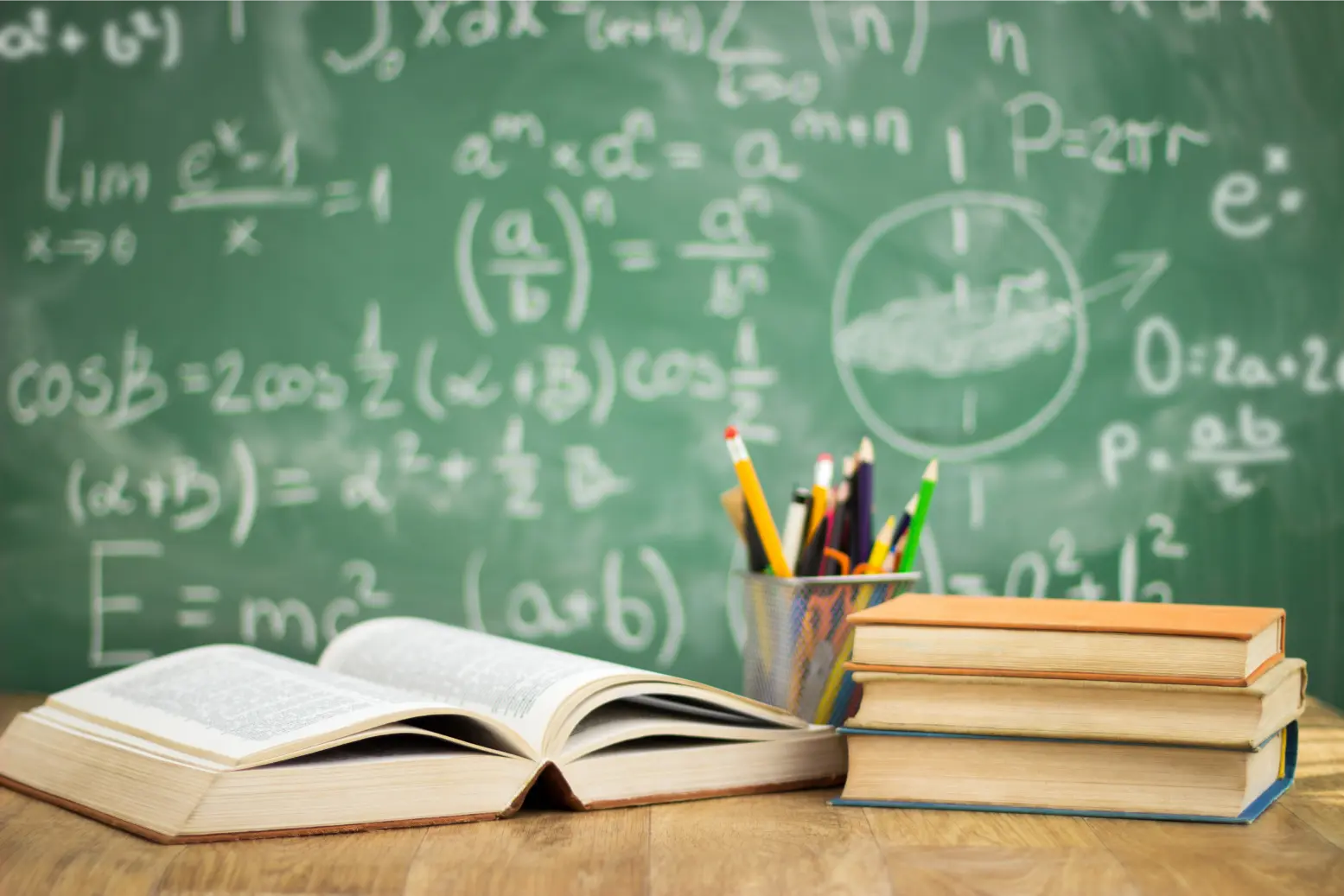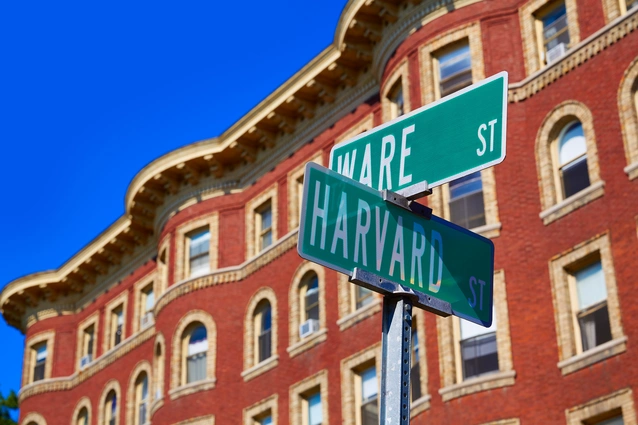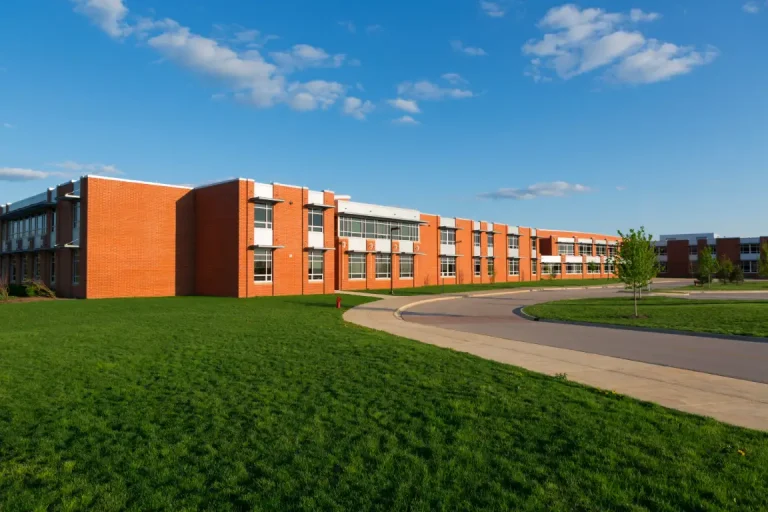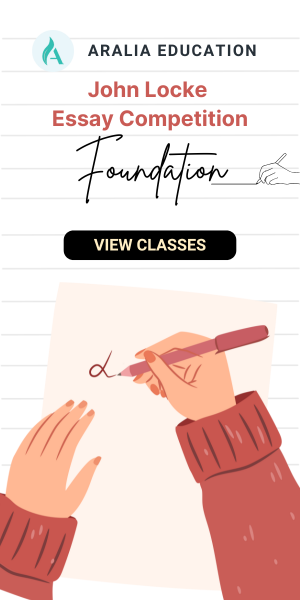Need a GPA Boost in Middle or High School?
Many assume that private high schools are the best pathway to Ivy League admission, but recent data reveals a surprising trend: a majority of freshmen at top Ivy Leagues, like Princeton and Yale, are now coming from public high schools. In this article, we explore what this shift means for families, compare the unique advantages of U.S. public vs. private high schools, and discuss how students from all backgrounds can enhance their competitiveness for top college admissions.
When applying to top U.S. universities, many parents and students might assume that the high school attended doesn’t have much impact on admissions results.
This belief is a common misconception. In reality, the quality of a high school education significantly affects a student’s competitiveness in college applications, especially when it comes to elite institutions like the Ivy League.
While some believe attending a private high school in the U.S. is a “shortcut” to the Ivy League, recent data shows that a growing number of Ivy League freshmen are coming from U.S. public high schools.
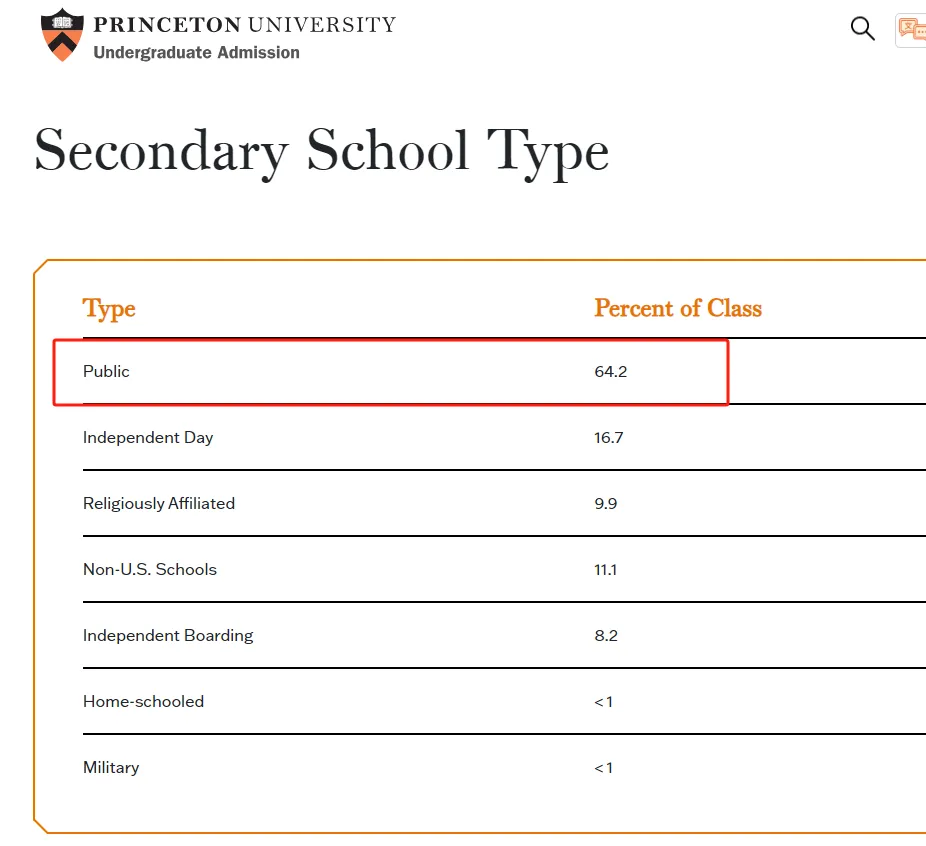
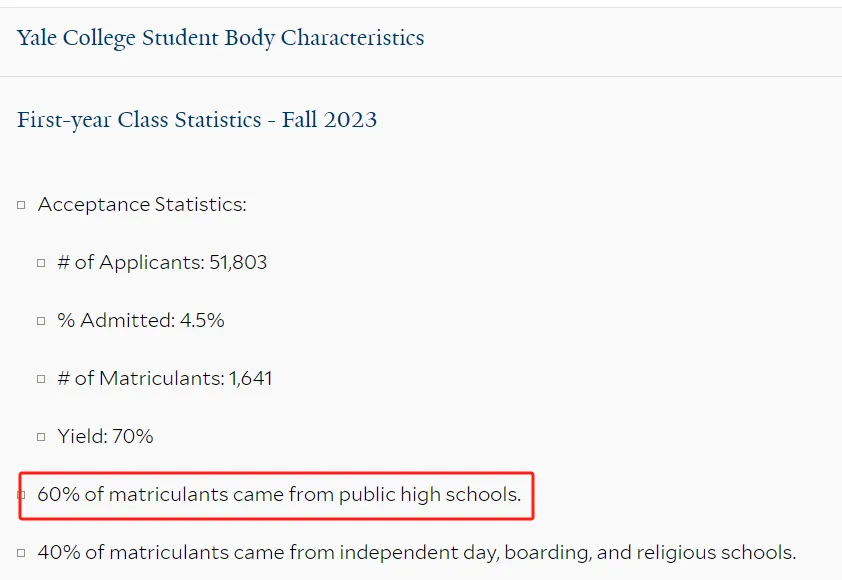
Why Does Choosing High School Matter?
In the United States, high schools vary significantly in their resources, curricula, and access to college preparation opportunities. Top high schools—both public and private—typically offer a rigorous curriculum, often with numerous AP (Advanced Placement) or IB (International Baccalaureate) courses. These schools frequently enjoy reputations that are recognized and respected by admissions officers at elite universities.
For students attending high schools that do not offer a strong curriculum or are less connected with top universities, the challenge becomes even greater. For example, a high school that offers only a few AP courses or has an average SAT score significantly below the national average may provide fewer opportunities to build a competitive profile.
Therefore, if the goal is to attend an Ivy League or other highly selective college, choosing the right high school can be more important than many families realize.
Public vs. Private High Schools in the U.S.: What to Consider
For families deciding between public and private high schools, each option comes with its own set of advantages:
Public Schools: Public high schools are generally more affordable and accessible for most families. High-performing public high schools with strong academic programs and dedicated teachers can offer an excellent education. Students can receive a high-quality education without the cost of private tuition, and public schools often provide more opportunities for students to engage with their local community, which can be appealing in college applications.
Private Schools: Private high schools often have smaller class sizes, more personalized college counseling, and extensive alumni networks, all of which can benefit college applicants. These schools frequently have well-established relationships with elite universities, which can make the application process smoother. However, private high schools can also come with high tuition costs and, in some cases, intense competition among students.
The Rise of U.S. Public Schools as Ivy League Feeders
In recent years, an increasing number of Ivy League students have been coming from public high schools. Princeton’s Class of 2028 data and Yale’s Class of 2027 data both show that around 60% of their freshmen attended public high schools. Many of these students come from “feeder” public high schools, institutions known for their rigorous academic environments and strong college counseling programs.

For example, Stuyvesant High School in New York City, a public magnet school, saw 40.9% of its 2021 graduating class admitted to Ivy League universities, a figure significantly higher than the national Ivy League acceptance rate of 4–12%. Other well-known public feeder schools include Boston Latin School and Cambridge Rindge and Latin School in Massachusetts, and Hunter College High School in New York.
Other ivy league feeder public high schools include:
- Boston Latin School in Massachusetts
- Cambridge Rindge and Latin School in Massachusetts
- Hunter College High School in New York
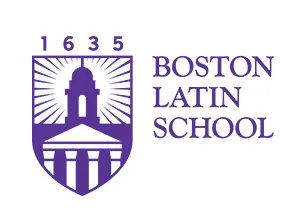
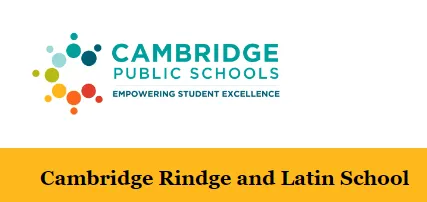

Aralia Empowers High School Students
We're proud to guide a thriving community of students. Our award-winning teachers and college professors offer a wide range of competition prep and academic classes to jumpstart your learning journey.
How to Strengthen Your College Application from Any High School
What if a student’s high school doesn’t have the resources or reputation of a known feeder school? There are still plenty of ways for students to stand out:
Seek Advanced Coursework: Look for opportunities to enroll in advanced or AP courses, even if they aren’t offered at your school. Many online programs allow students to take college-level courses and build a more competitive transcript.
Take Advantage of Supplementary Programs: Many universities, nonprofits, and online platforms offer supplementary educational programs in various fields. Summer programs, research internships, and international competitions are all excellent ways to gain experience and demonstrate initiative.
Highlight Extracurricular Leadership: Admissions officers often look for students who make the most of their environment. Even in less traditional activities, taking on leadership roles shows initiative and drive. A student who’s the president of a smaller club or leads a local volunteer organization can be just as competitive as one who attends a prestigious high school.
Build a Strong Support Network: Finding mentors, teachers, or guidance counselors who advocate for your success is essential. A strong recommendation letter from a teacher who knows your strengths and goals can be powerful, even if the school itself doesn’t have a big name.
Ultimately, college admissions officers are more interested in what students have accomplished within the context of their available resources than the name of the high school itself. Elite schools like Princeton and Yale want to see applicants who have maximized the opportunities they had and sought additional challenges when possible.
As the data shows, attending a public high school is no barrier to Ivy League admission. Students from all backgrounds can succeed if they make the most of their circumstances, pursue additional opportunities, and work to reach their full potential

The teachers in this course series are all expert instructors with years of experience teaching in middle and high schools.
Sources
- https://www.ivycoach.com/the-ivy-coach-blog/college-admissions/your-high-school-matters-from-an-admissions-standpoint/
- https://www.ivycoach.com/the-ivy-coach-blog/ivy-league/feeder-schools-to-the-ivies/
- https://admission.princeton.edu/apply/admission-statistics
- https://www.yale.edu/about-yale/yale-facts

